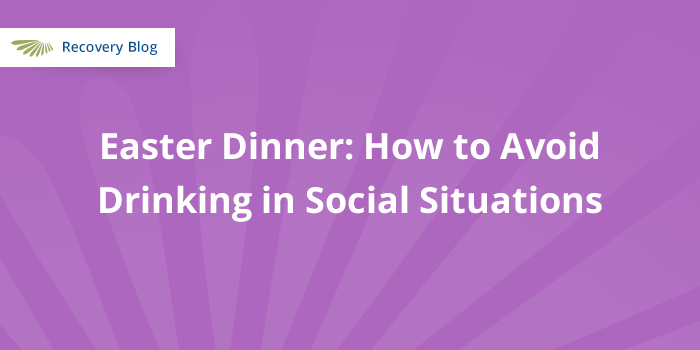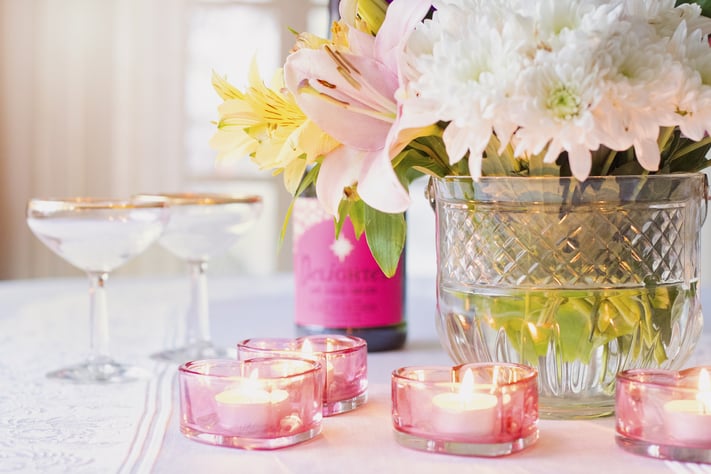5 Common Relapse Triggers and How to Avoid Them
The holidays can be a difficult season to navigate if you are currently recovering from a substance...
4 min read
By: Russ Kallina on Apr 14, 2017

You're on your road to recovery. You've spent time in an alcohol addiction treatment program and you've done the work to be on a path to a healthier, alcohol free life. Winter has been dragging you down, but the weather has finally changed, and you're in a good place as you look forward to spring. But now is not the time to relax too much, let your guard down, and have "just one drink" at Easter dinner.
 Many people will have given up alcohol for Lent and after 40 days of abstinence, Easter is their first opportunity to indulge. The Easter long weekend, full of dinners and brunches, can be a difficult time for recovering alcoholics but it doesn't have to be with a little pre-planning.
Many people will have given up alcohol for Lent and after 40 days of abstinence, Easter is their first opportunity to indulge. The Easter long weekend, full of dinners and brunches, can be a difficult time for recovering alcoholics but it doesn't have to be with a little pre-planning.
Practice saying “no thanks” to drinks firmly and with confidence, but also in a friendly and respectful manner. You have to mean it if you want it to work. Avoid long explanations and vague excuses as you might just talk yourself into saying “yes”.
Imagine the different ways you will be offered alcohol and practice saying “no” to each of those before you even leave the house. You may be surprised at just how hard it is for you to say “no”, but you'll also be surprised at how easy it is for most people to just accept “no” and move on.
Here are some variations on how to refuse a drink:
If you have someone who is aware of your commitment to sobriety, have them attend the event with you and ask them to step in with a distraction if your “no” is starting to waver.
If you already have a non-alcoholic drink in your hand you’ll be less likely to order another drink. You’ll also be less likely to be offered another drink.
Drinking and driving don't mix. Mention that you're driving and shouldn't be drinking.

If someone is insistently asking you to drink and is not respecting your desire to abstain, you can politely excuse yourself, take an impromptu bathroom break or “phone call”, or take it as a cue to leave the event entirely.
Remember, it’s YOUR choice not to drink. Other people will respect your decision if you make it your decision and stand firm. If you're worried about a relapse, talk to someone. Visit an AA group, reach out to your sponsor, or contact an addiction specialist.
The holidays can be a difficult season to navigate if you are currently recovering from a substance...
Seasonal Affective Disorder (SAD) is a type of seasonal depression that is not uncommon to...
Making the decision to move on from a recovery home is not one to be taken lightly, and certainly...